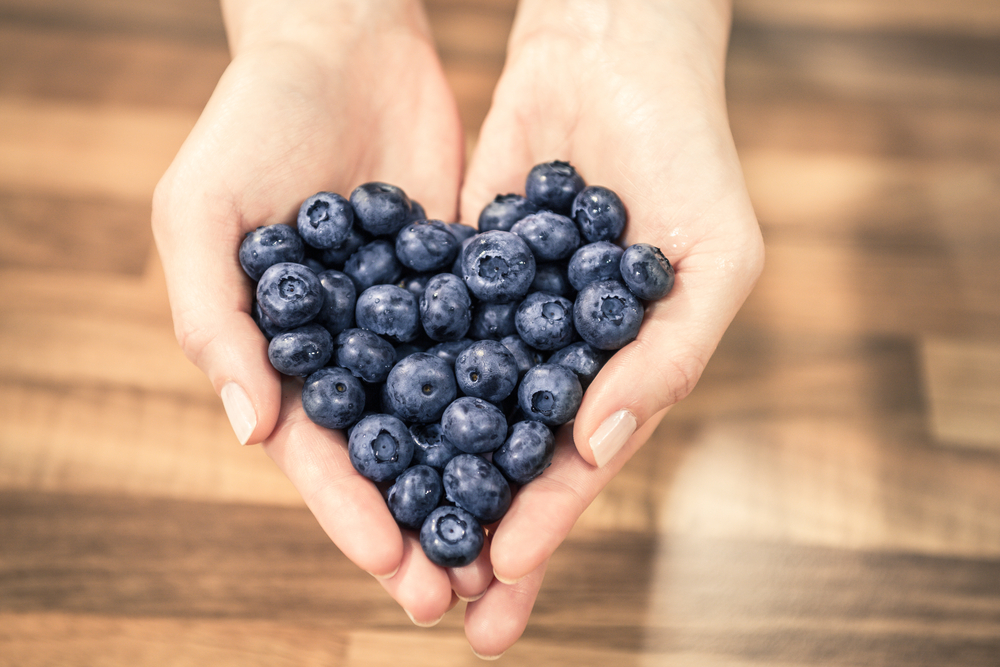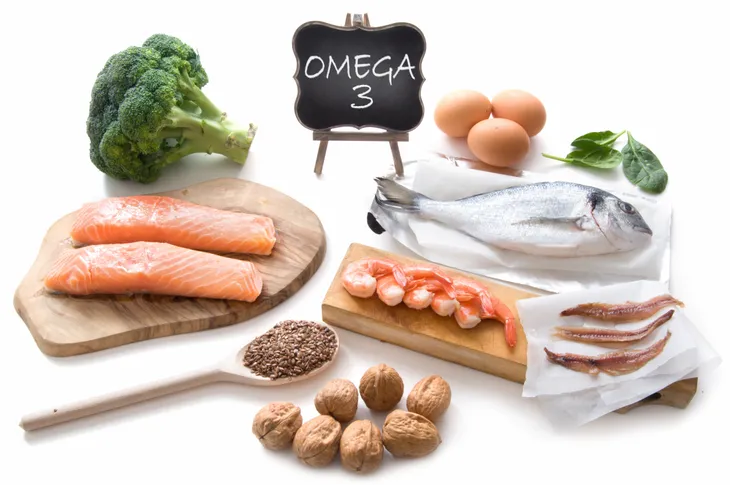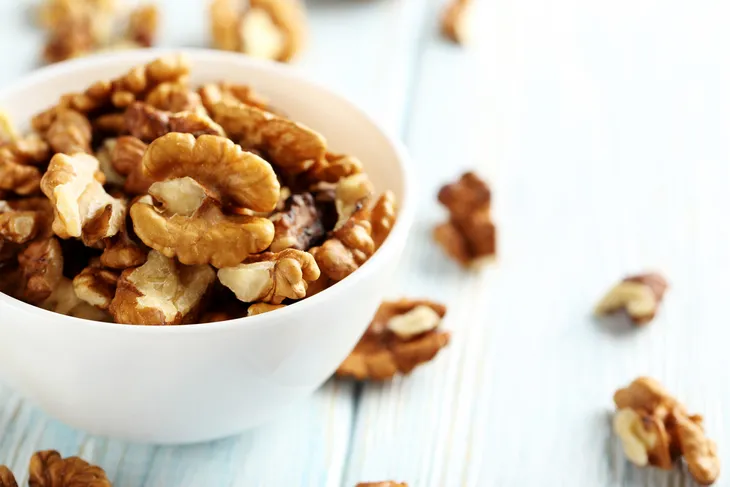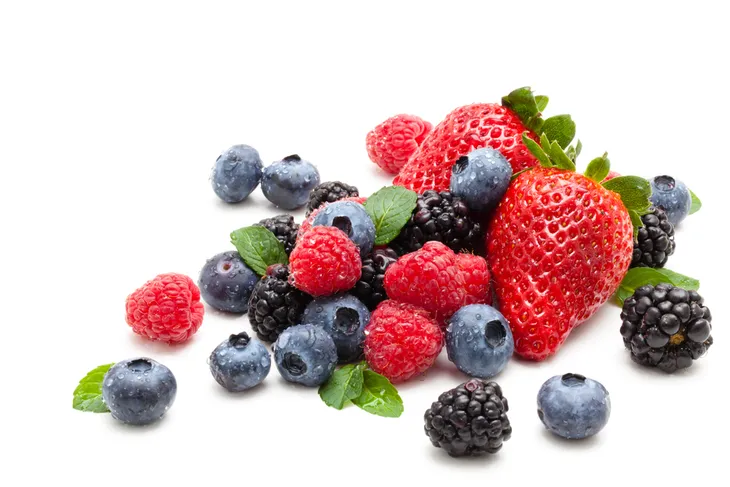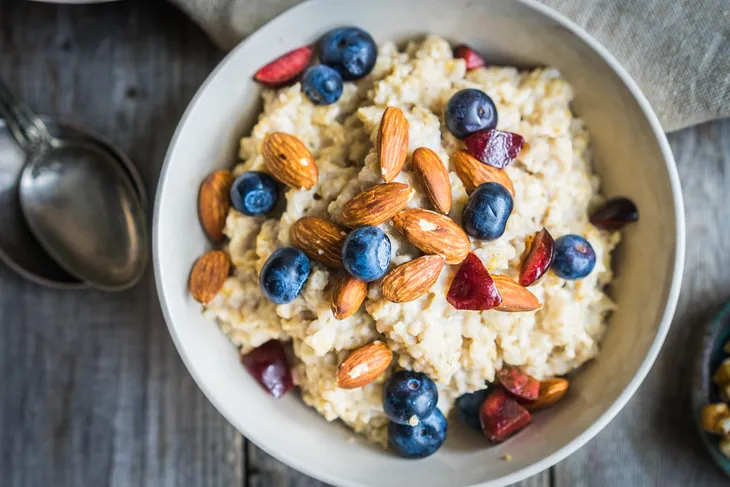Staying healthy means doing a few things: first, it means staying active and getting some physical exercise every day. Second, it means eating well, and specifically consuming foods that help rather than hurt the functioning of our vital organs, starting with the heart.
The good news is that there are many, many readily available foods that can help your heart do its job better and for longer. That’s hugely important for our health, as the heart is the engine that drives the rest of our bodies; without a healthy heart, other major organs — from the brain to the lungs and liver — can suffer. So, what foods should you be eating to keep your heart happy and healthy?
Fish Containing Omega-3 Fatty Acids
Several types of fish contain omega-3 fatty acids, which have been shown to benefit several major organs, including both the brain and heart. In the latter case, omega-3 fatty acids can help prevent blood clots, keeping the blood flowing and limiting health episodes affecting the heart. Omega-3 fatty acids also have the capability to reduce our triglycerides, a fat category that’s been linked to the onset of heart disease.
If you’re wondering what types of fish contain omega-3 fatty acids, look to salmon, sardines, mackerel, and tuna. Experts recommend consuming a couple servings of these fish types each week, with a serving size amounting to roughly 3.5 ounces — about the size of a deck of cards.
Walnuts
Many people avoid eating nuts because they do contain a lot of fat and a considerable number of calories. But much of that fat is monounsaturated fat, or “good” fat, rather than saturated or trans fats, known as “bad” fats. Monounsaturated fats can actually help lower your cholesterol levels and improve heart health.
And walnuts are absolutely loaded with monounsaturated fats, along with omega-3 fatty acids. Together, these can help reduce cholesterol, prevent blood clotting, and improve heart functionality. As if that wasn’t enough, walnuts have also been shown to help fight insomnia, which can contribute to heart health problems.
Berries
Berries have often been referred to as a superfood, and there’s good reason for that: not only do they contain lots of vitamin C, which can help keep your immune system up and functioning, they’re also chock full of antioxidants that can help clear out the body’s free radicals and fight inflammation. Altogether, this activity can do a lot of good for the heart.
If you’re wondering which types of berries are best for fighting heart disease, look first to raspberries, blueberries, and blackberries, which tend to have higher amounts of antioxidants. Strawberries are no slouch, either.
Low-Fat Milk
For years, milk was characterized as a super food by experts and celebrities who pointed to its high calcium levels as evidence that it could help both children and adults maintain healthy bones. But not all milk is the same — if you’re consuming 2-percent or 4-percent milk, you’re taking in a lot of saturated fat that could cause problems for your heart.
Thankfully, there’s 1-percent and skim milk, which offers just as much calcium but much less of the saturated fat that can contribute to the development of heart disease. Milk also contains lots of potassium, which can help regular blood pressure levels and keep the heart healthy.
Oatmeal
They say that breakfast is the most important meal of the day, and that’s true — without a good breakfast, you don’t have the fuel you’ll need to power through the day. But not all breakfast foods are created equally; you should avoid starting your day with sugary cereals and instead choose oatmeal, which contains a type of fiber (beta-glucan) that’s been shown to lower LDL (or “bad”) cholesterol.
Just 2-cups of oatmeal each day can provide you with the beta-glucan you need to help keep your cholesterol levels in check and limit the threat of heart disease. Other sources of beta-glucan include barley, mushrooms, and seaweed.
Olive Oil
You’ve probably heard about all the rave reviews for the ancient Mediterranean diet, which consists primarily of healthy monounsaturated fats and very little saturated fats. That means eating lots of nuts, fish, and olive oil, and far less meat or highly processed foods.
There’s no denying that the foundation of the Mediterranean diet is olive oil, which is packed with healthy fats that can actually lower LDL cholesterol and help keep our cholesterol levels where they should be. That, in turn, can go a long way towards maintaining heart health and warding off the perils of heart disease.
